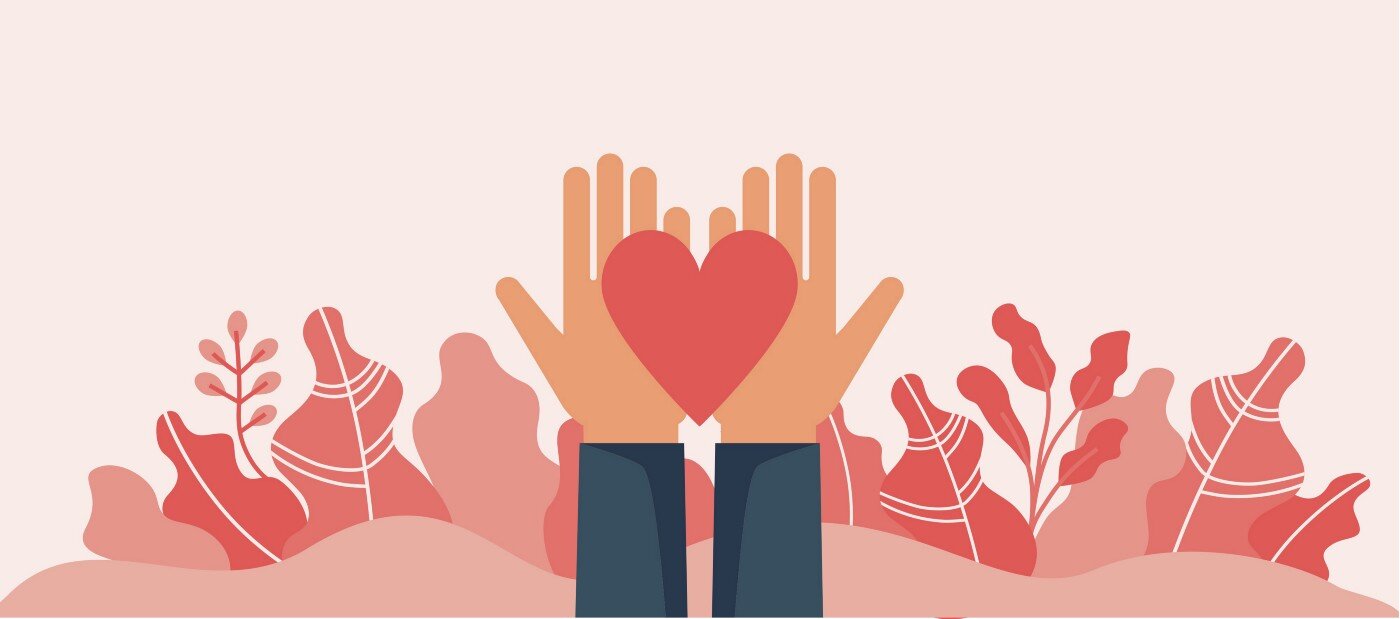National Say Something Nice Day: How to Spread Positivity

On National Say Something Nice Day we have an opportunity to make June 1st extra pleasant for everyone. The purpose of this holiday is to counteract bullying and the lack of civility and common courtesy that is growing among people in today’s world. Hopefully, the practice of saying something nice today will continue into all tomorrows.
This day is about more than saying nice things to others, it is about genuinely listening to others and tending to put others first. Kindness is defined as the quality of being friendly, generous, and considerate.
There are different ways to practice kindness. One way to be kind is to open your eyes and be active when you see people in need. Do you notice when people could use a helping hand? A sense of community is created when people are kind to those who need help.
Opening your eyes means noticing when others are suffering. A kind word, a smile, opening a door, or helping carry a heavy load can all be acts of kindness. Celebrating someone you love, giving honest compliments, sending an email thanking someone, telling someone how s/he is special to you, helping an elderly neighbor with yard work or food, taking a photo of someone and sending it to the person, sharing homemade food, refusing to gossip, and donating old clothing and things you don’t need are all ideas about how to practice kindness.
Kindness is a spark from a match that creates a fire within a forest of anger, selfishness, and cruelty. Kindness can burn through all of those things. In dark times, kindness can be a light to make bleaker things brighter.
We currently live in distressing times where so many people seem polarized and are quick to express their outrage and disdain for others. Our country’s politics have certainly reinforced this way of behaving towards others. People seem to have strong opinions and they are not shy about expressing them with vigor. However, regardless of one’s point of view, refusing to treat others with respect and civility become a toxic virus that can spread easily.
Being nice matters, and perhaps now more than ever. Focusing on being nice is important but seems very hard to do in current times. First, try and accommodate others by putting yourself in their shoes to better understand appreciate, and connect with their experience of the world. Second, approaching conversations with humility and acknowledging that you may not have all the answers can help you be kind. And finally, expect goodness in others, anticipating them to ultimately want to work towards the common good with good intentions. If we try to embrace accommodation, humility, and goodness in our interactions with others, being nice will quickly follow.
Give kindness a chance. Let’s bring it back in fashion. We need it! And perhaps it can act like a positive and healthy virus that will spread far and wide in our currently toxic environment.
Posted in: Healthcare
Leave a Comment (1,465) →



